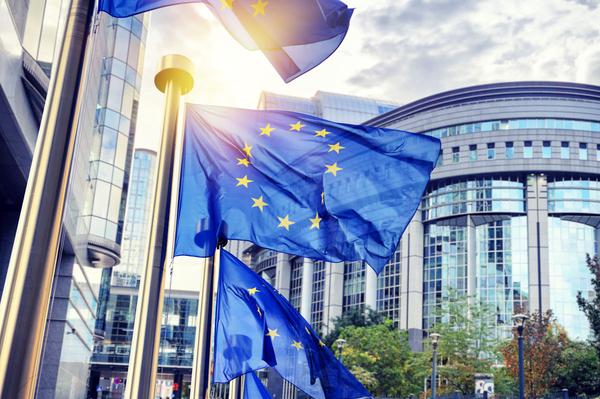Put calls, send SMS and surf the Internet in the EU will remain without additional cost for 10 years.Brussels has just renewed the abolition of roaming costs thanks to a political agreement validating a new regulation.Developments are coming from July 1, especially on the speed of mobile Internet and access to emergency services.Operators are subject to new obligations.
A backtrack would have aroused controversy and collective dismay among European consumers.Initially scheduled until June 2022, the abolition of roaming costs on mobile communications in the EU has just been extended by 10 years, until 2032.The European Parliament and the Member States agreed last night.Putting calls, sending SMS or using the Internet in the EU during travel or professional trips, will therefore remain free thanks to the renewal of the rules, informs the European Commission on December 9.
Offer better quality of service and improve access to emergency communications
A new regulation is therefore created with the integration of several developments and advantages.When traveling, consumers will benefit from access to homeless services "with the same level of quality as in their country of origin".Otherwise said, if you usually have 5G services in France, you can also benefit from this technology where it is available.At the time of the generalization of 4G, it will be very rare to surf in 3G when his big sister is present."If specific factors are likely to influence the quality of homelessness experience, operators will quickly inform their customers," imposes Brussels.
Another proposal retained, "when they travel inside the EU, citizens have the right to be clearly informed when a service they use during homelessness may cause an unintentable additional cost".We think in particular, assistance or insurance companies.Operators will therefore be required to correctly inform their customers of these additional costs abroad, "so that they can make choices knowingly regarding the use of these services".

This new regulation which will come into force on July 1, 2022, also guarantees citizens better access to emergency communications, "with in particular the transmission of the location of the appellant, and free".Concretely, operators will ensure that citizens are informed of the possibility of accessing emergency services through the single European Emergency Call number "112".By June 2023, subscribers will have to be informed, by means of a text message, about the other means available to access emergency services.
Avoid high unexpected costs
On the risks of high invoices when a traveler connects to non -terrestrial networks, for example in an airplane or a boat, the regulations now ensure “better information and an automatic interruption of these services when the invoicereaches a cost of 50 EUR, or another predefined limit ”.
Downwards prices
About the costs billed between operators visited for the use of their mobile networks, drop in wholesale prices has been decided.This benefits benefits consumers, "because it should allow all operators to be able to offer subscriptions to competitive homelessness services, in accordance with the principle of" roaming with national conditions "", we learned.
As a reminder, free roaming in the EU entered into force in 2017.But since then, the volume of SMS, calls and consumption of data on the Internet from abroad has continued to grow.“However, improvements remained possible,” notes Brussels based on the last Eurobarometer in February 2021, according to which 33 % of respondents who have traveled abroad observed a slowdown in mobile internet speed compared to that which they usually benefit from intheir country of origin.Worse still, 28 % found that the network standard was below foreigner (that is to say a 3G network instead of 4G).It was necessary to correct the shot.










SOS Public Hospital: our revelation...
The best smartphones for gaming in...
Free tips in video: Free Mobile off...
Google Maps: activate the new widge...